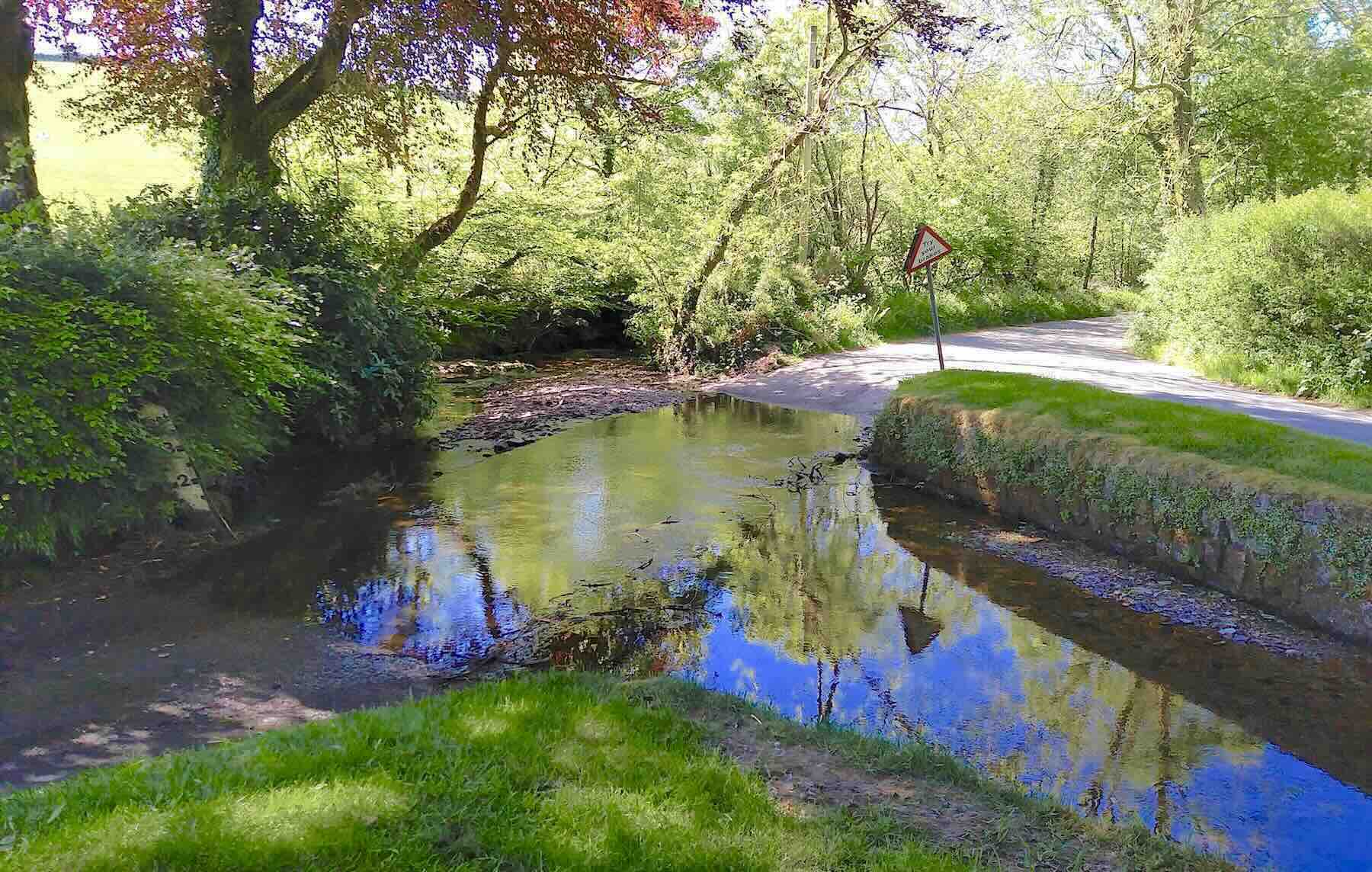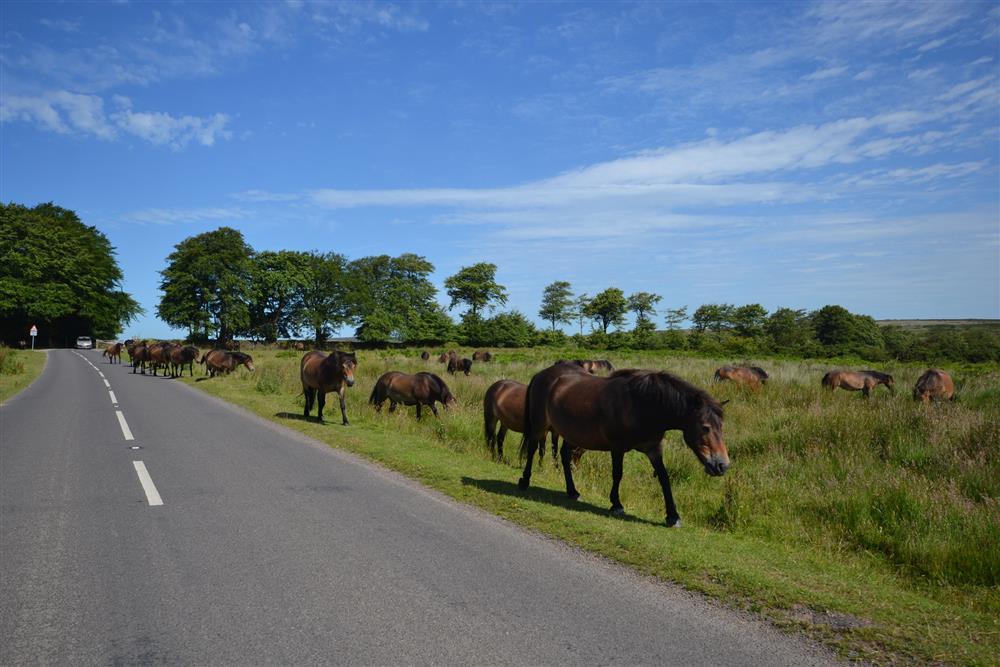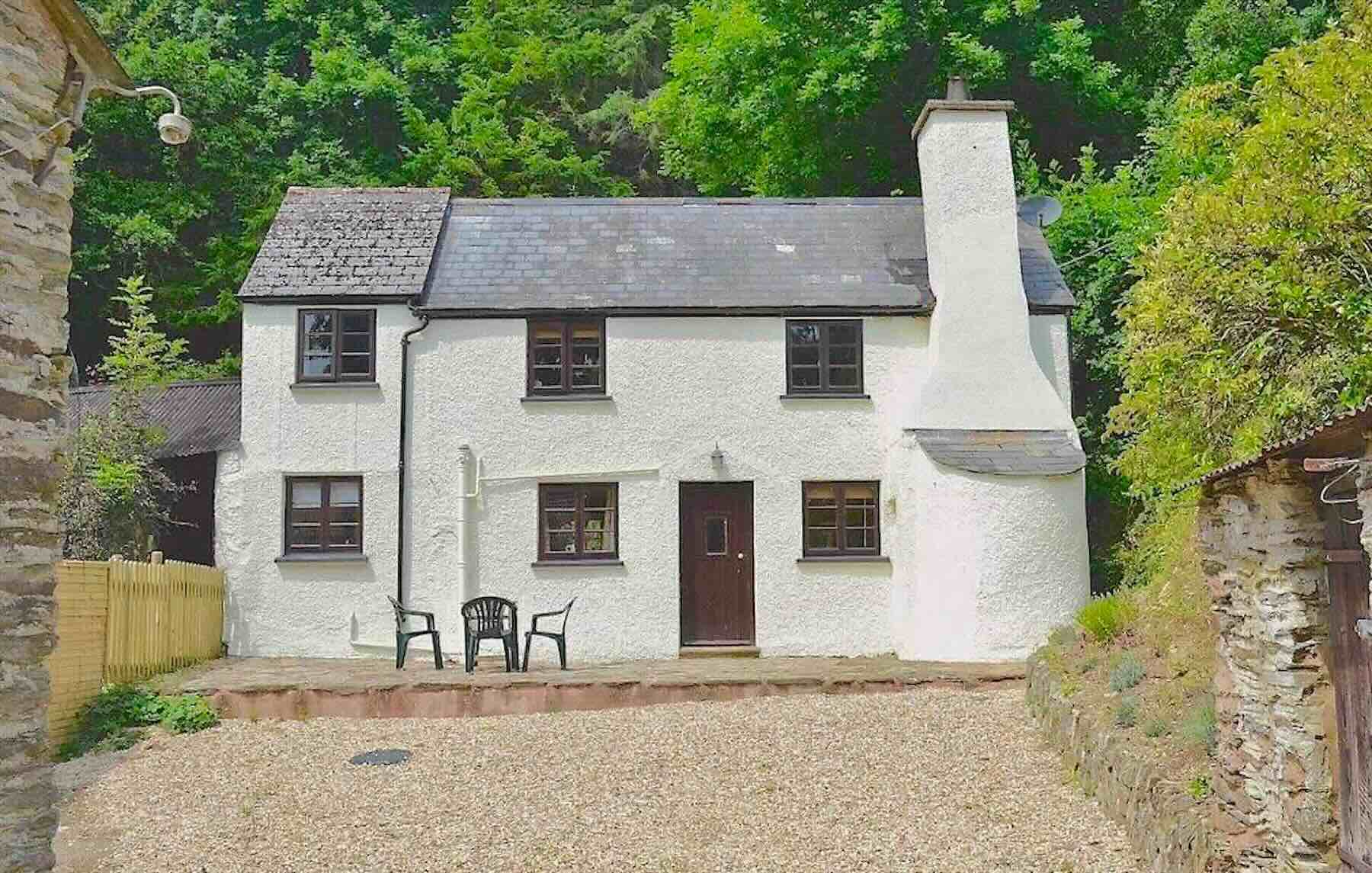- Prices: The cottage is within your budget
- It’s available for your dates
- Arrival day: many cottages have set ‘changeover’ days, especially during school holidays. These are usually Fridays or Saturdays
- It has the specific facilities you’ll need, e.g., a hot tub and a ground-floor bedroom, and it accepts pets, etc.
- It’s in your desired location (and the Google map within its advert shows that it isn’t located alongside a cement factory)
- It’s received some good testimonials from past visitors
- All utility services: electricity, gas, oil, etc.
- Bed linen and towels. NB: Towels are for house use only. Always bring your beach towels.
- T-Towels and dishcloths
- Wi-Fi
- Loo Rolls: Good owners will ensure one new loo roll in each loo.
- Stair-gates
- Travel cots (you may be asked to supply your bedding for these)
- A basket of logs (for cottages with wood burners or open fires)
- An initial supply of dishwasher tablets to see you through the first 24 hours.
- Pets – usually a set amount per pet per booking. Always check the maximum number of pets permitted.
- Additional fuel supplies: logs, coal.
- The service charge for a hot tub or the heating of a swimming pool
Booking A Holiday Cottage Advice
Here’s a guide to booking a holiday cottage using the My Favourite Holiday Cottages website, with lots of information about what your payment includes, how to make it and other generally accepted information about renting a holiday cottage that will give you more knowledge and confidence in the booking process.
Let’s assume you have been browsing the site and identified your favourite holiday cottage. What do you do next?
Firstly, Have you got all the information you need?
If not, use the visit website button to see if the information is on the property’s own website.
Alternatively, use the ‘Contact’ button to pull up details, enabling you to ask the owner or manager further questions by phone or email
Once you’ve got what you need and would like to book your chosen holiday cottage, choose your preferred option:
1. Click on the ‘Book Now’ Button. A ‘Book Now’ button opens the booking page (it doesn’t commit you to booking – it just saves you time having to find the booking page on the property’s own website). This is useful if you want further information about the property before booking it.
2. Click the ‘Contact’ button in the top menu bar. This will show you the name and phone number of the owner or property manager responsible for handling bookings. It will also present you with an opportunity to email an enquiry message.
3. Book online directly from the advert. Some holiday properties have their own online booking software, which they display in their advert with My Favourite Holiday Cottages. If your cottage has this option, you can book it straight away, safe in the knowledge that you won’t be paying any booking fees or anything other than the standard rate for the dates you want to book (we don’t change owners commission on bookings and your payment goes directly to the owner – not to us).
What is included in the rental price?
A Typical Holiday Cottage Welcome Pack - Usually included in the price.
This isn’t a hard and fast rule (there may be some things that you have to pay for in addition to the rental fee, so do check what the payment includes), but generally, it should cover the following:
Other complimentary items (although not always) that you’ll need to ask for include:
Many properties offer a complimentary welcome pack with tea, coffee, biscuits, and cake—just what you need to wind down after your journey.
You may be asked to pay for include:
Finally, check booking terms and conditions before you book - as these vary from property to property. This is another reason we provide links to a holiday cottage’s website, as they will be displayed there.
Who is my booking contract with?
Check the terms and conditions of the rental to be clear as to who your rental contract is with. Is it the agency or the owner? If you later wish to make a complaint or request a refund, this is with whom you will need to liaise.
How Do I pay the rental fee for my holiday cottage?
Expect to pay an initial deposit to secure your reservation if booking a cottage well in advance and the remainder of the charge a set time before your arrival date. For example, many cottage owners will ask for a non-refundable deposit of 20-30% of the rental fee, with the balance payable 8 weeks before your arrival.
If you book less than 6-8 weeks in advance, you will probably be asked to pay the total amount.
Information about options to pay the rental fee is usually included in the booking terms and conditions, but here are the most common ones:
1. Pay by card. Usually, only larger cottages or where owners have multiple cottages tend to accept card payments.
2. Pay by bank transfer. These days, this is probably the simplest and easiest way to pay.
3. Pay by PayPal: Most owners use a PayPal account as a more affordable way of enabling people to pay by card. PayPal payment also offers some security to bookers.
4. Pay by cheque. It is still perfectly acceptable, although it takes a few days for cheques to arrive, be paid in and cleared before an owner can confirm receipt of your money. Don’t expect to be allowed to use this option if booking less than a week or so before your arrival date.
Don’t offer to pay by cash on arrival. Suggesting this risks the owner deciding you may not be a responsible or trustworthy guest and declining to accept your booking.
What is a Security Deposit?
Many properties require a refundable security deposit. These deposits are not always called security deposits but are there to cover the cost of any damage or breakages that occur during your stay. NB: Most owners will overlook little things like breaking a single wine glass and will simply appreciate it if you tell them so that they can replace it. Good owners always keep a like-for-like store of things like crockery and glasses.
Also, if you leave something behind in the cottage, owners are far more likely to return it by post if they can deduct the cost from your security deposit rather than waiting for you to send them the postage cost first. This may sound a little penny-pinching, but over the past year, I have spent almost £100 in jiffy bags and stamps reuniting guests at my own cottage with their property – not counting the time and cost of a 20-mile round-trip to the post office on each occasion!
What happens if I have to cancel my booking?
It’s always a good idea to take out travel insurance to cover yourself against unforeseen circumstances that require you to cancel your holiday. Your rights to a refund vary according to the terms and conditions of hire. Always check these. You will have specific refund terms if you rent through an agency or a website such as Trip Advisor, Booking.com, or Homeaway, you will have particular refund terms.
Generally, assume that the deposit you pay is non-refundable aside from a short ‘cooling-off’ period when first making the booking of 24-48 hours. If you cancel before your balance is due, then you’re unlikely to be expected to pay the amount outstanding.
Remember that you are paying for the exclusive use of the cottage for a specified period, regardless of whether you are there or not. So, if you arrive a day late because you have been held up or have to depart early, this won’t entitle you to a refund unless you were prevented by the owner or the owner’s actions prevented you from accessing the cottage.
The owner may be amendable to you changing the dates if your cancellation leaves a reasonable time for the owner to relate the property, e.g. 8 weeks or more. If this is the case, be prepared to pay an administration fee to cover the administration cost incurred in transferring your booking (and the additional marketing costs entailed in advertising a newly available week!).
What happens when I have paid?
Once you have paid your rental fees in full, the owner or manager should send you details, giving you directions to the cottage and arrangements for access. They will need your full contact details, mainly for insurance purposes. Some owners will be there to greet you, which means you’ll have to agree on an approximate arrival time. Others will provide key safe codes, allowing you to arrive at your chosen time. Owners will also provide their details and, if relevant, those of their housekeepers should you need to contact them during your holiday.
Arrival time at this Instow Beach House in North Devon is 4:00 pm. If you arrive beforehand, you can always picnic on the beach while you wait!
What time can I arrive at my holiday cottage?
Because cleaning a cottage is quite an exercise (for my cottage, we have up to 4 people doing the house cleaning and garden maintenance on changeover day), arrival times are usually 4:pm, occasionally earlier. Departure times are generally around 10:00 am. Liability insurance tends not to cover guests on the property while cleaners and their equipment are still at work. If forewarned and agreed, they may be amendable to you dropping off luggage. Better still, please give them your mobile number so that they can text you when they finish work.
Can I pre-order groceries to be delivered before I arrive?
Most owners will be happy to ‘see in’ a pre-ordered grocery delivery if it arrives while they are cleaning (although don’t expect them to do an itemised check). Do check with them before ordering; they will need to tell you when they will be at the property. They’ll also be able to tell you which supermarkets will deliver to your cottage.
Have you got all that?
Don’t worry. Much of it is common sense, and you’ll find owners and agents who will be very happy to assist you with your booking, so don’t be afraid to ask questions if you’re in any doubt. It’ll make their day!
Also Recommended:
Eleven Top Tips for Booking Holiday Cottages
Curious About How My Favourite Holiday Cottages Works?
In addition to providing free expert advice and support to individual cottage owners, we are also pretty good at advertising holiday cottages. We currently have around 2,000 properties on the site. We don’t charge booking fees or commission rates to owners or guests—just a single annual payment backed up by outstanding customer service.
Rates start at £125 for a 12-month cottage advert, with generous discounts for multiple cottage listings or for including a link back to us on your website.
Click here for further information on the benefits of advertising with us - and what makes us uniquely successful.

Driving Across Exmoor
We may live in a world of traffic bulletins, delays, jams, and roadworks. But not on Exmoor! If you are visiting this fabulously scenic National Park for a holiday, just drive at a nice leisurely place - but if you're planning on pulling over to soak up every stunning rural view and vista as you go, be prepared for plenty of stops! Here, a stately drive along moorland roads is still a pleasure, as this photo of the morning rush hour outside Oldways End reveals.
In all honesty, your biggest travel problem will come not from road vehicles but from animals and river crossings.
Fords
There are plenty of these on Exmoor, including this one at Challacombe. You'll encounter this if you drive the back road from Bratton Fleming to Challacombe, presumably to visit the excellent Black Venus pub. The rules for safe ford crossings are:
1. Check the depth - there's usually a depth indicator, but if the river is in spate and you're not driving a 4WD vehicle, it might be best to reset the Sat Nav and go the long war around. (it'll be a nice drive).
2. Cross very slowly. Apart from the fact that your bow waves will annoy the ducks, you don't have to go very fast before the build-up of water on your radiator grid eventually penetrates your engine. 5. mph should suffice.
3. After every successful crossing - check your breaks. They should be OK but don't wait until you need them before finding out that you have a problem.

Moorland Animals: Exmoor Ponies
It's a common excuse in these parts when late, to blame deer, sheep, ponies, or pheasants blocking the road. Pheasants are irritatingly stupid and will try to sell you a dummy, going one way and then the other as you approach. If you do run one down, you can't even stop and pick it up for the oven - that's illegal. However, the following vehicle on the scene can collect and take it home. It's just one of those country rules.
Sheep and ponies rarely get hit by vehicles as they usually have time to stop. Just don't assume they will get out of your way. They think they own the road, and you can only drive it with their permission. So, slow down and stop - use it as a chance for a quick photo shoot - until they slowly stroll off the road. The animal that tends to cause the most damage is a deer. They are big and heavy, as well as being surprisingly resilient, and in the event of a collision, the car usually comes off worse - running away, leaving you with an expensive dent to mend.
So, driving on Exmoor is a pleasure - there is no need to rush. Take your time and savour the drive.

Probably the most popular choice for holiday accommodation on Exmoor is holiday cottages. There is a wide choice of properties, from romantic moorland boltholes for couples to large country houses for celebrations or dual family holidays.
Click here to view our collection of Exmoor holiday cottages.
View More Exmoor Holiday Ideas:
Click the title to view:
